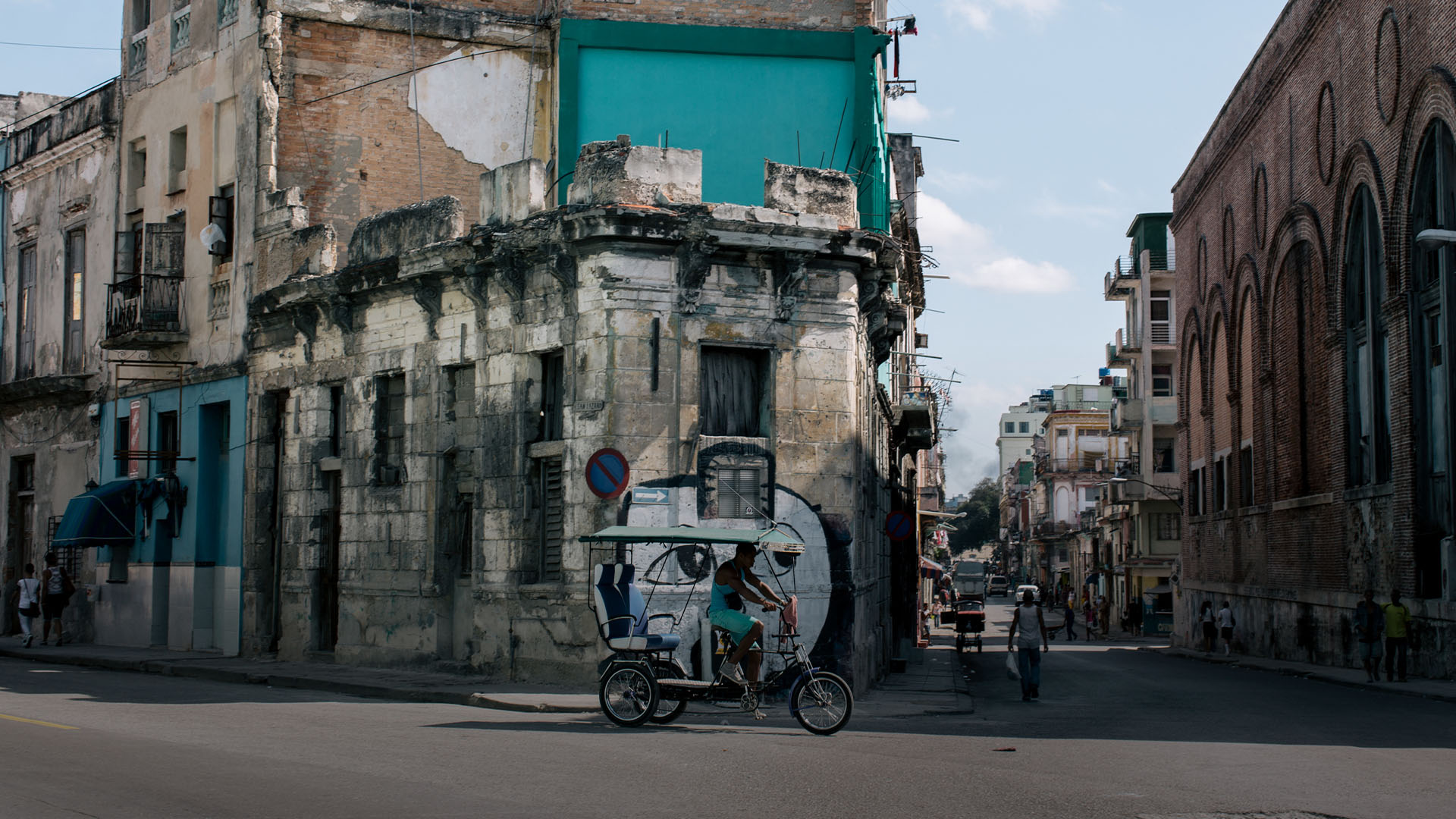God is moving among the house churches in Cuba to help locals break free of the cycles of spiritual and emotional poverty.
Cuban local and author Pedro Juan Gutiérrez mused about life for the majority of his fellow countrymen in an interview, saying, “Poverty is circular, difficult to escape. That doesn’t change…. The psychology, the culture, it repeats itself because there is no hope. So, it will take a long time to break that circle.”
When asked about the vast majority of Cubans who don’t have family members working in other countries to send them money, he frankly stated, “I am not optimistic for them.”
Cuba’s authoritarian regime, its limited natural resources and depressed economy have left many of its people with a dim view of their future.
The broad culture’s view of God has also become badly muddled as Roman Catholicism blends with animism and folk religions, and the Communist government has attempted to squash evangelistic forms of Christianity.
The severe restrictions on house churches, however, relaxed in the 1990s. Since then, house churches have begun sprouting up as people awaken to a spiritual hunger and hope that transcends their country’s situation.
A Life on the Brink
Jorje’s family struggled, like many other Cuban families, to make enough money even before his parents separated. He was all but a street-kid, playing with other children whose parents were also away at work.
No one supervised them. No one knew where they went most days.
One day, his parents returned home to hear that Jorje had been in a serious accident on the streets. His hip was badly fractured, so they rushed him to a medical clinic. Money was limited and so were supplies. It wasn’t as if they could afford to take him to Hermanos Ameijeiras or Centro de Investigaciones Médico-Quirúrgicas, so Jorje’s life and legs simply would never go back to the way they’d been before.
No more darting between cars or dashing up and down the street for Jorje. Everyone has problems, though. Some people mocked him then went about their day, feeling a little better about their problems. At least they weren’t disabled.
Jorje dropped out of high school and dedicated himself to finding odd jobs with neighbors who paid him with a few pesos or, if they didn’t have that, a plate of food.
In order to not be a burden on his family, he mostly lived on the street and made himself a small room in his father’s yard from trash and other materials he found while he was looking for work. He was living day to day, at least until he began to experience deep-seated pains in his abdomen. The pain grew and grew until he shivered and sweat dripped off his forehead.
Half convinced he was going to die, Jorje went to the nearest medical clinic. The doctors told him that he had peritonitis, a leakage in his intestines that had caused inflammation of the membrane lining his abdomen and organs.
Peritonitis is usually life-threatening, they warned him. He had to stay at the clinic for a long time.
The Birth of a Dream
Jorje returned to his father’s house, but he found that his “room” in the yard had been cleared away. With nowhere else to go, he returned to his mother’s house.
Government social services offered only a tiny amount of assistance to the elderly and disabled, so Jorje helped his mother find clothes in the nearby landfill and sell them. Jorje knew he’d probably never marry or have children. He had no plans for the future. He opened his eyes each morning with only one goal: survive for one more day.
While he was out and about, Jorje met a World Challenge partner. They talked about God in a way that he’d never heard before.
He and his mother were one of the first to agree to attend a committee meeting with the World Challenge team. They listened to talks about hygiene and personal health projects, but what really caught Jorje’s attention were the spiritual discussions. The hope they discussed was not based on anything in the world, things that could be easily taken away as Jorje knew all too well.
He wanted a hope that nothing could steal, not sudden accidents or illness or poverty.
Finally, he decided to give his life over to Jesus Christ. Dreams began to uncurl in his mind of work that wasn’t scavenging, of building something that mattered with his life. Now his home is the meeting place for a new church that is starting in that neighborhood.
As his mother, Daisi, pointed out, “It does not always have to be yesterday.”
Now the chains of the past are breaking in the most important place: the heart.
